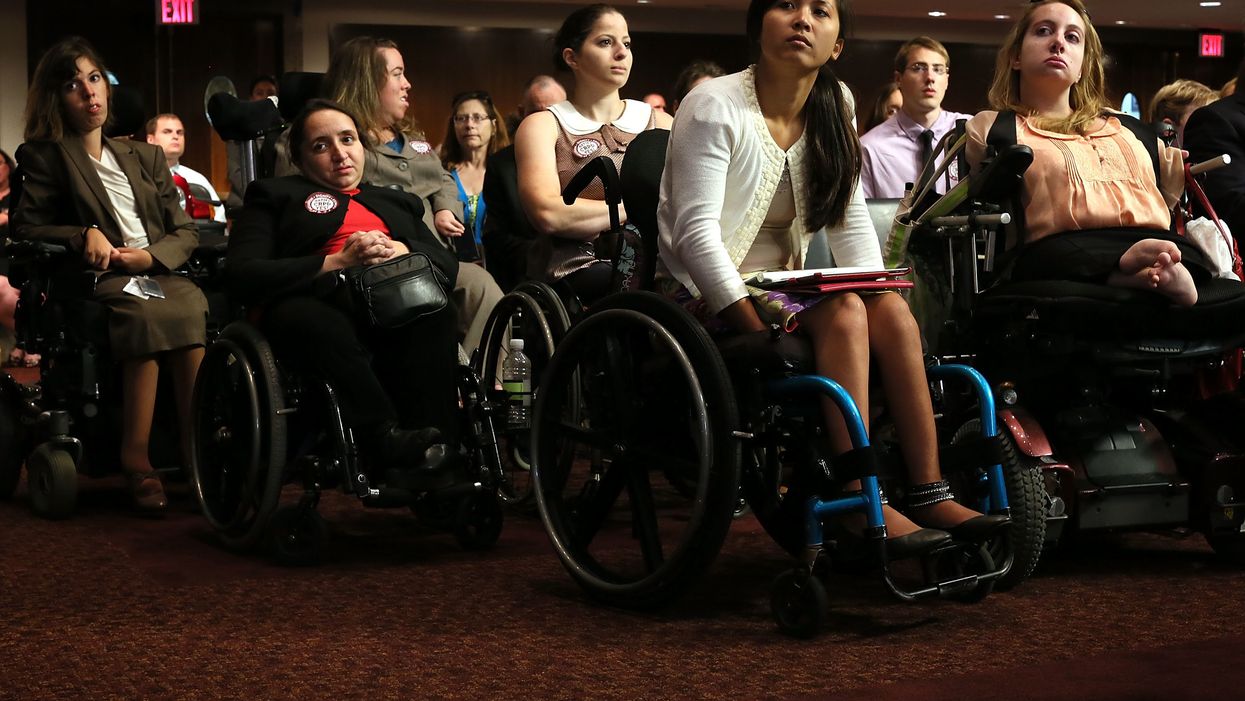Voting by people with disabilities surged in the 2018 midterm election and this bloc of voters is expected to be more formidable than ever in the 2020 presidential contest, a new report says.
Lisa Schur and Douglas Kruse, professors in the School of Management and Labor Relations at Rutgers University, based their study on an analysis of data from last November's monthly survey by the Census Bureau. It revealed:
- Turnout among people with disabilities was 49.3 percent, an 8.5 percentage point increase from the previous midterm, in 2014.
- An estimated 14.3 million people with disabilities voted and another 10.2 million voters live with someone with a disability.
- The bloc of voters with a disability was larger than the 11.7 million Latinos who went to the polls and closer to the 15.2 million African Americans who cast ballots.
"Going into the 2020 elections, these results show that the disability community is likely to be very politically engaged," said Kruse.
Still, the share of disabled people who voted in 2018 was 4 points below the overall percentage of voting-age people who turned out. And the nationwide turnout surge — from a post-World War II low in 2014 to a best-in-a-century mark in 2018 — easily eclipsed the boost in participation by the disabled.
Those with disabilities who were not registered to vote in 2018 most often cited a lack of interest in politics (35.5 percent) and the limitations created by their own disabilities (25.7 percent). Those disabled citizens who were registered and still did not vote most often cited their disability (41 percent) and transportation problems (12.1 percent).




















